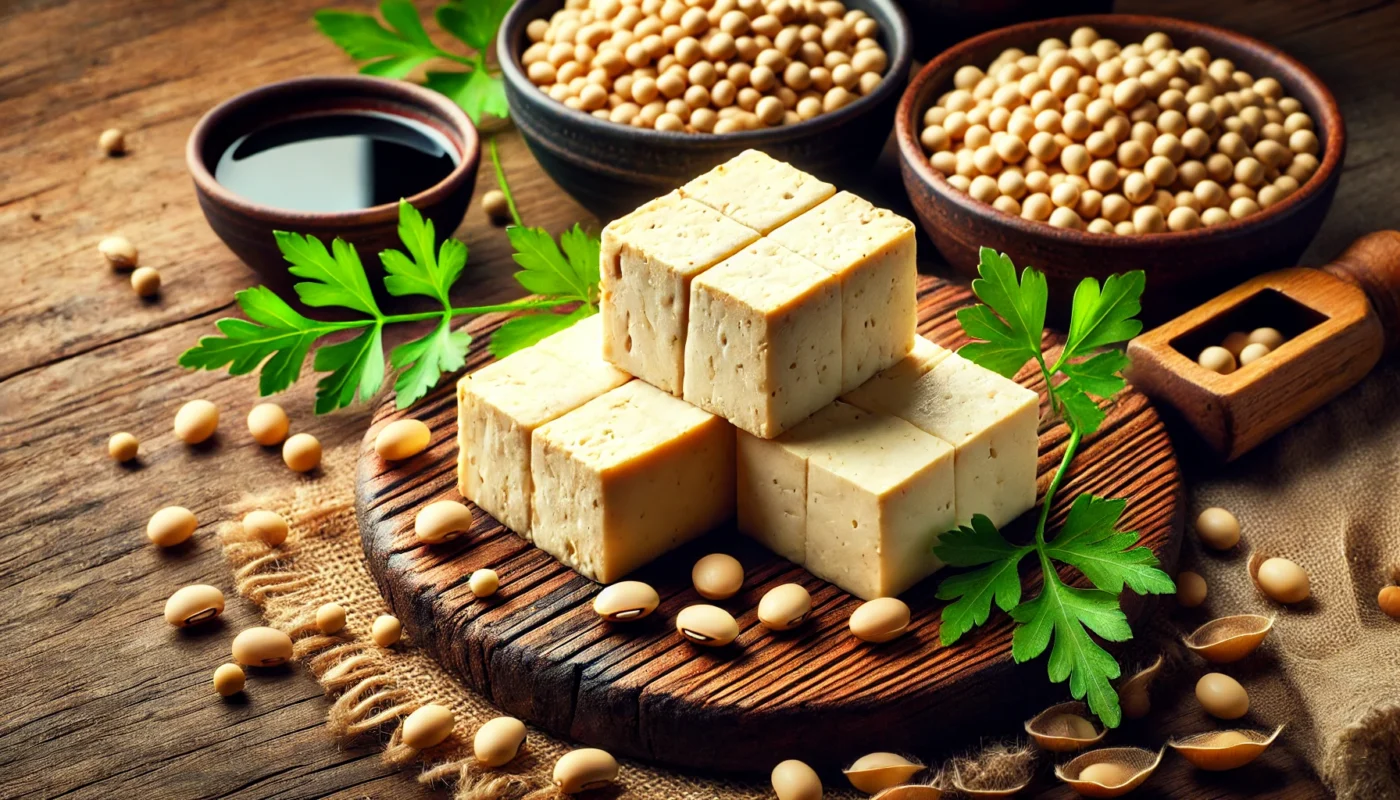The Mediterranean diet is inspired by the traditional eating patterns of countries bordering the Mediterranean Sea, such as Greece, Italy, and Spain. It emphasizes whole, minimally processed foods, including plenty of fruits, vegetables, whole grains, nuts, seeds, and healthy fats—particularly olive oil. Moderate consumption of fish and seafood, dairy, poultry, and red wine is also encouraged, while red meat and sugar-laden foods are limited.
Tag Archives: plant-based diet
In this article, we delve into the science behind foods that help with pain, exploring both traditional and holistic perspectives. Armed with this knowledge, you can make informed choices that support your health journey.
Osteoarthritis occurs when the protective cartilage that cushions the ends of your bones wears down over time. The condition can affect any joint but commonly impacts the knees, hips, hands, and spine. While age, genetics, and joint injury are significant risk factors, diet also plays a crucial role in managing osteoarthritis.
Rheumatoid arthritis (RA) is a chronic autoimmune condition. It’s characterized by inflammation in the joints, leading to pain and stiffness.
But did you know that your diet can play a significant role in managing RA symptoms?
Indeed, certain foods can help reduce inflammation, while others may exacerbate it. This makes meal planning a crucial part of managing RA.
In this guide, we’ll delve into the science behind the rheumatoid arthritis diet. We’ll explore foods that can help manage RA symptoms and those best avoided.
We’ll also provide practical strategies for meal planning. This includes a sample 7-day arthritis diet plan and tips on personalizing your meal plan.
Moreover, we’ll discuss the benefits of the Mediterranean diet for RA. We’ll also touch on the role of supplements and the importance of exercise in conjunction with diet.
By the end of this guide, you’ll have a comprehensive understanding of how to optimize your diet for RA management. Let’s embark on this journey towards improved well-being.
Inflammation is a natural response by your body’s immune system to fight off harmful stimuli such as pathogens, damaged cells, or irritants. It’s an essential process that promotes healing. However, when inflammation becomes chronic, it can lead to a host of health complications, impacting quality of life.
Tofu, a staple in many diets, is often a topic of debate in health circles. Its impact on inflammation levels is a particular point of contention.
This article aims to shed light on this issue. We’ll delve into the science behind tofu and inflammation, dissecting the research and debunking common myths.
Tofu is a soy-based product, rich in isoflavones. These compounds can have both pro-inflammatory and anti-inflammatory effects. The impact of tofu on inflammation can vary greatly, influenced by individual health conditions and genetic factors.
We’ll also explore the role of tofu in a balanced diet. It’s crucial to consider the overall dietary pattern rather than focusing solely on a single food item.
This article will provide practical advice on incorporating tofu into your diet. We’ll discuss the importance of quality, preparation methods, and portion control.
Whether you’re a fitness enthusiast, a health enthusiast, or a medical patient, this article aims to provide you with a comprehensive understanding of tofu’s role in inflammation.
Remember, while this article is informative, it’s always best to consult with healthcare professionals when making significant dietary changes. Let’s dive in and explore tofu’s impact on inflammation levels.
Inflammation is the body’s natural response to injury or infection. While acute inflammation is a normal and healthy response to protect the body, chronic inflammation can lead to various health issues, including arthritis, heart disease, and even cancer. Managing inflammation through diet is a proactive approach to maintaining overall health and well-being.







